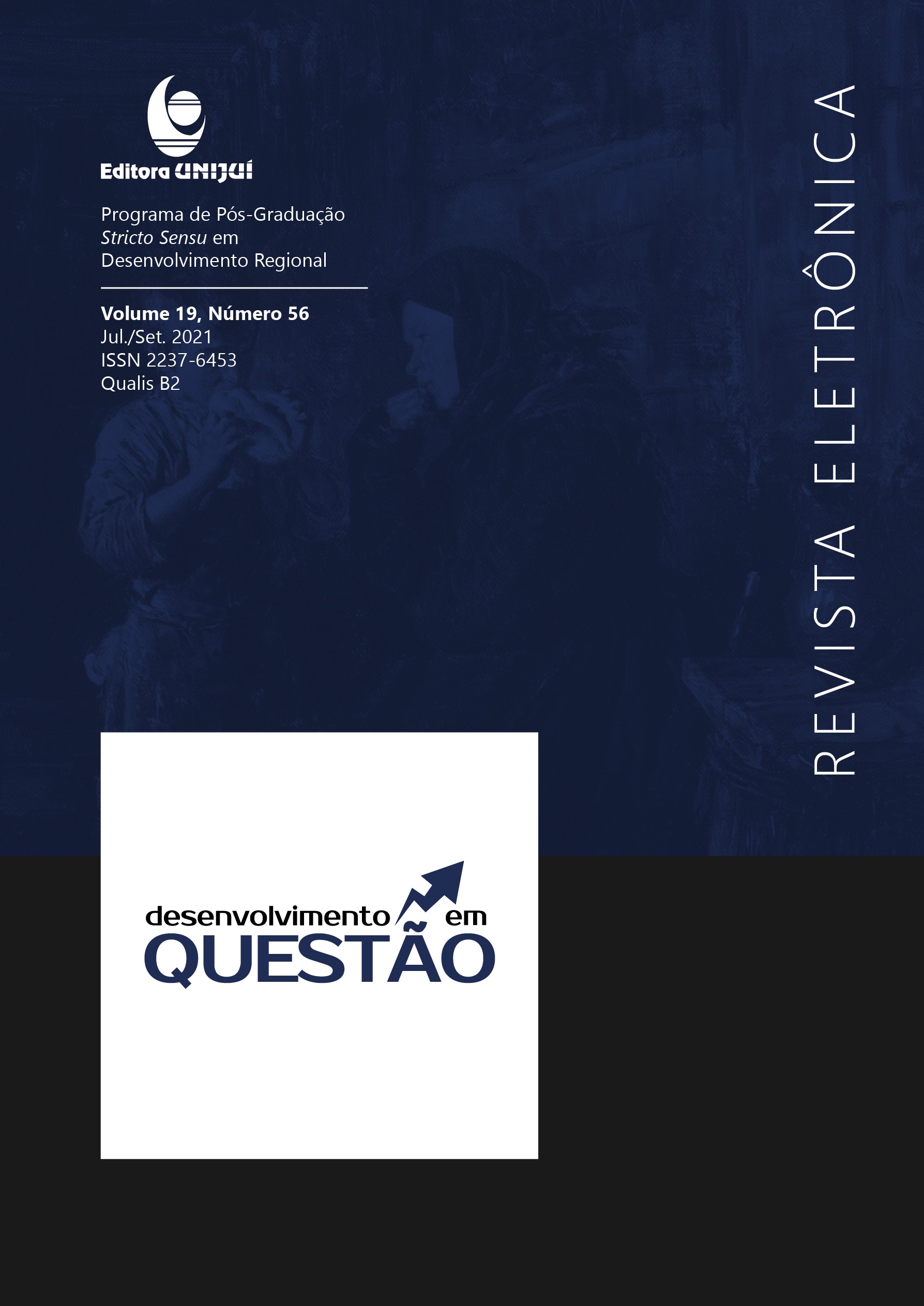ACQUISITION GOVERNANCE INSTRUMENTS IN THE PLANNING AND EXECUTION OF ELECTRONIC BIDDINGS
ACQUISITION GOVERNANCE INSTRUMENTS IN THE PLANNING AND EXECUTION OF ELECTRONIC BIDDINGS
DOI:
https://doi.org/10.21527/2237-6453.2021.56.10427Keywords:
Electronic bidding. Public governance. Bids.Abstract
The study analyzes the performance of 184 electronic biddings held at the Federal Institute of Rio Grande do Sul-IFSul, Campus Pelotas-Visconde da Graça (CaVG) from 2011 to 2019, in the perspective of public governance (TCU, 2015) , identifying the main elements that contributed to the failure of acquisitions and the impact of governance instruments on the bids. It is a qualitative and quantitative research, using bibliographic research and content analysis. The results reveal 85.75% of approved electronic biddings and 14.13% not approved because they were canceled, failed or deserted. There was a reduction in the number of electronic biddings held over time, due to budgetary constraints and appropriate use of the federal government’s systems and institutional systems such as the Practical Guide to Pre-Purchase and the Purchasing Calendar (CaVG, 2016). Investments in the sector can be made in order to promote greater efficiency in bidding processes, such as the addition of new employees and training in specific areas.
Downloads
Published
How to Cite
Issue
Section
License
By publishing in Revista Desenvolvimento em Questão, authors agree to the following terms:
All works are published under the Creative Commons Attribution 4.0 International License (CC BY 4.0), which allows:
Sharing — to copy and redistribute the material in any medium or format;
Adaptation — to remix, transform, and build upon the material for any purpose, even commercially.
These permissions are irrevocable, provided that the following terms are respected:
Attribution — authors must be properly credited, a link to the license must be provided, and any changes made must be indicated.
No additional restrictions — no legal or technological measures may be applied that legally restrict others from doing anything the license permits.
Notices:
The license does not apply to elements that are in the public domain or covered by legal exceptions.
The license does not grant all necessary rights for specific uses (e.g., image rights, privacy, or moral rights).
The journal is not responsible for the opinions expressed in the articles, which are the sole responsibility of the authors. The Editor, with the support of the Editorial Board, reserves the right to suggest or request modifications when necessary.
Only original scientific articles presenting research results of interest that have not been previously published or simultaneously submitted to another journal with the same purpose will be accepted.
Mentions of trademarks or specific products are intended solely for identification purposes and do not imply any promotional relationship by the authors or the journal.
License Agreement (for articles published from 2025 onward): Authors retain the copyright to their article and grant Revista Desenvolvimento em Questão the right of first publication.











